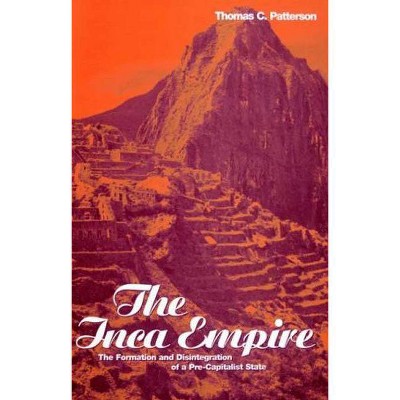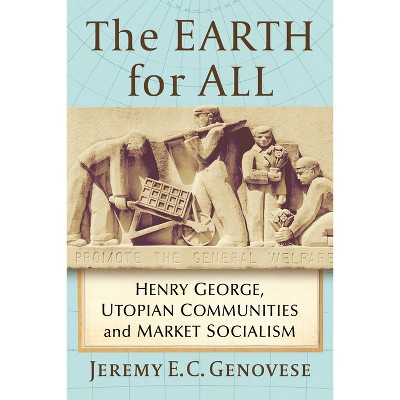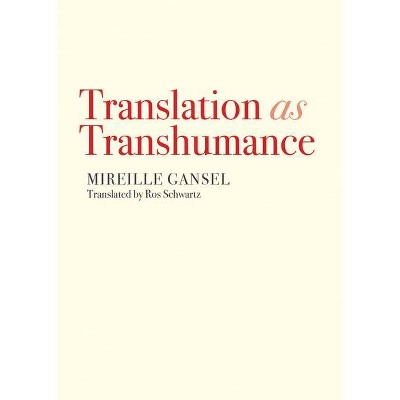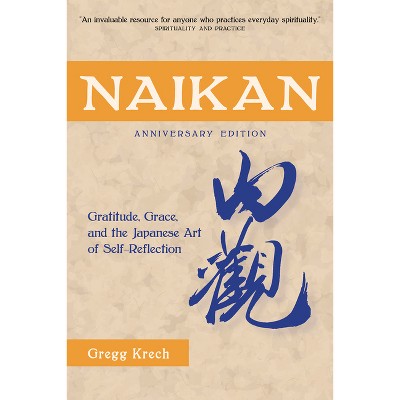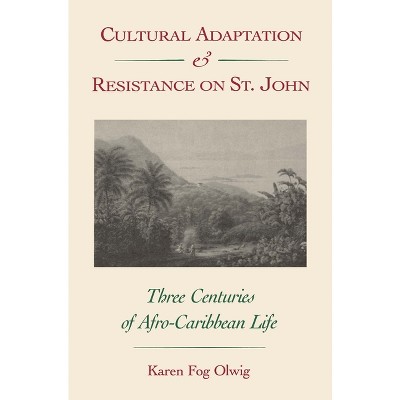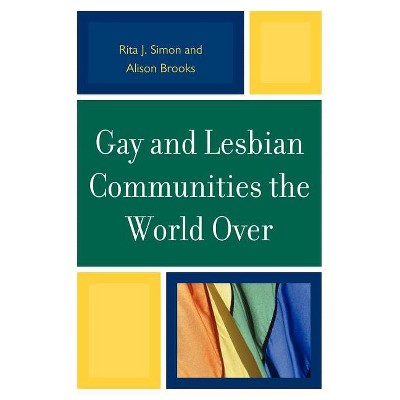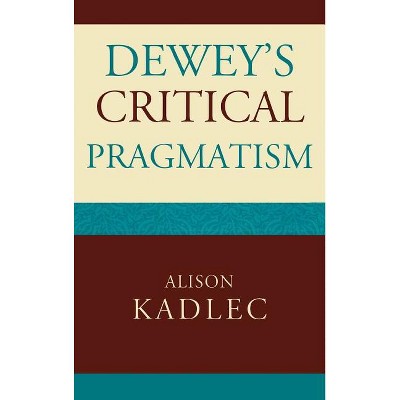Sponsored

Food, Power, and Resistance in the Andes - by Alison Krögel (Paperback)
$57.99
In Stock
Eligible for registries and wish lists
Sponsored
About this item
Highlights
- Food, Power, and Resistance explores the ways in which artistic representations of food and cooks often convey subversive meanings that resist attempts to locate indigenous Andeans-and Quechua women in particular-at the margins of power.
- About the Author: Alison Krögel is assistant professor of Spanish at the University of Denver.
- 254 Pages
- Social Science, Anthropology
Description
About the Book
Food, Power, and Resistance explores the ways in which artistic representations of food and cooks often convey subversive meanings that resist attempts to locate indigenous Andeans-and Quechua women in particular-at the margins of power. This book offers a dynamic, interdiscip...Book Synopsis
Food, Power, and Resistance explores the ways in which artistic representations of food and cooks often convey subversive meanings that resist attempts to locate indigenous Andeans-and Quechua women in particular-at the margins of power. This book offers a dynamic, interdisciplinary study of how food's symbolic and pragmatic meanings influence access to power and the possibility of resistance in the colonial and contemporary Andes.Review Quotes
Alison Krögel has written a lovely book about food, language and culture in the Peruvian Andes. Moving back and forth between past and present, novels and folklore, cooking and representations of cooking, this book is a delightful introduction to the Quechua language, to the native food crops of the Andes, and to the subtle interactions between the two.
Alison Krögel practices the best in Andean cultural studies. Her book is an excellent interdisciplinary study of the Quechua Food Landscape. She focuses her study on such sites as an Andean market and chicheria and also interprets visual, written, and oral narratives. Her historical, gender, economic, literary and anthropological approaches involve local, national and global contexts and help us to understand why Peruvian Cuisine is becoming fashionable in the most cosmopolitan cities all over the world. I highly recommend this book as reading material for an Andean Cultural Studies Course.
This is an impressive, comprehensive historical analysis of the nutritional qualities and symbolic meanings of Andean foods from pre-Columbian times to the present. Krögel analyzes Quechua riddles, colonial art, modern day cinema, and the Free Trade Agreement to provide a coherent analysis of the role of food and cooks in situations of domination and resistance. Food, Power, and Resistance in Quechua Verbal and Visual Narratives is a fascinating and thorough study that provides a new understanding of the relationship between food and power in the Andes.
About the Author
Alison Krögel is assistant professor of Spanish at the University of Denver.Dimensions (Overall): 8.9 Inches (H) x 5.9 Inches (W) x .7 Inches (D)
Weight: .9 Pounds
Suggested Age: 22 Years and Up
Number of Pages: 254
Genre: Social Science
Sub-Genre: Anthropology
Publisher: Lexington Books
Theme: Cultural & Social
Format: Paperback
Author: Alison Krögel
Language: English
Street Date: September 19, 2012
TCIN: 1004175695
UPC: 9780739147603
Item Number (DPCI): 247-28-6458
Origin: Made in the USA or Imported
If the item details aren’t accurate or complete, we want to know about it.
Shipping details
Estimated ship dimensions: 0.7 inches length x 5.9 inches width x 8.9 inches height
Estimated ship weight: 0.9 pounds
We regret that this item cannot be shipped to PO Boxes.
This item cannot be shipped to the following locations: American Samoa (see also separate entry under AS), Guam (see also separate entry under GU), Northern Mariana Islands, Puerto Rico (see also separate entry under PR), United States Minor Outlying Islands, Virgin Islands, U.S., APO/FPO
Return details
This item can be returned to any Target store or Target.com.
This item must be returned within 90 days of the date it was purchased in store, shipped, delivered by a Shipt shopper, or made ready for pickup.
See the return policy for complete information.
Trending Non-Fiction

$19.31
was $20.98 New lower price
4 out of 5 stars with 64 ratings

$4.59
MSRP $7.99
Save $5 when you spend $20 on select books
4.8 out of 5 stars with 123 ratings

$6.20
MSRP $10.95
Save $5 when you spend $20 on select books
4.8 out of 5 stars with 33 ratings

$7.09
MSRP $9.99
Save $5 when you spend $20 on select books
4.9 out of 5 stars with 46 ratings
